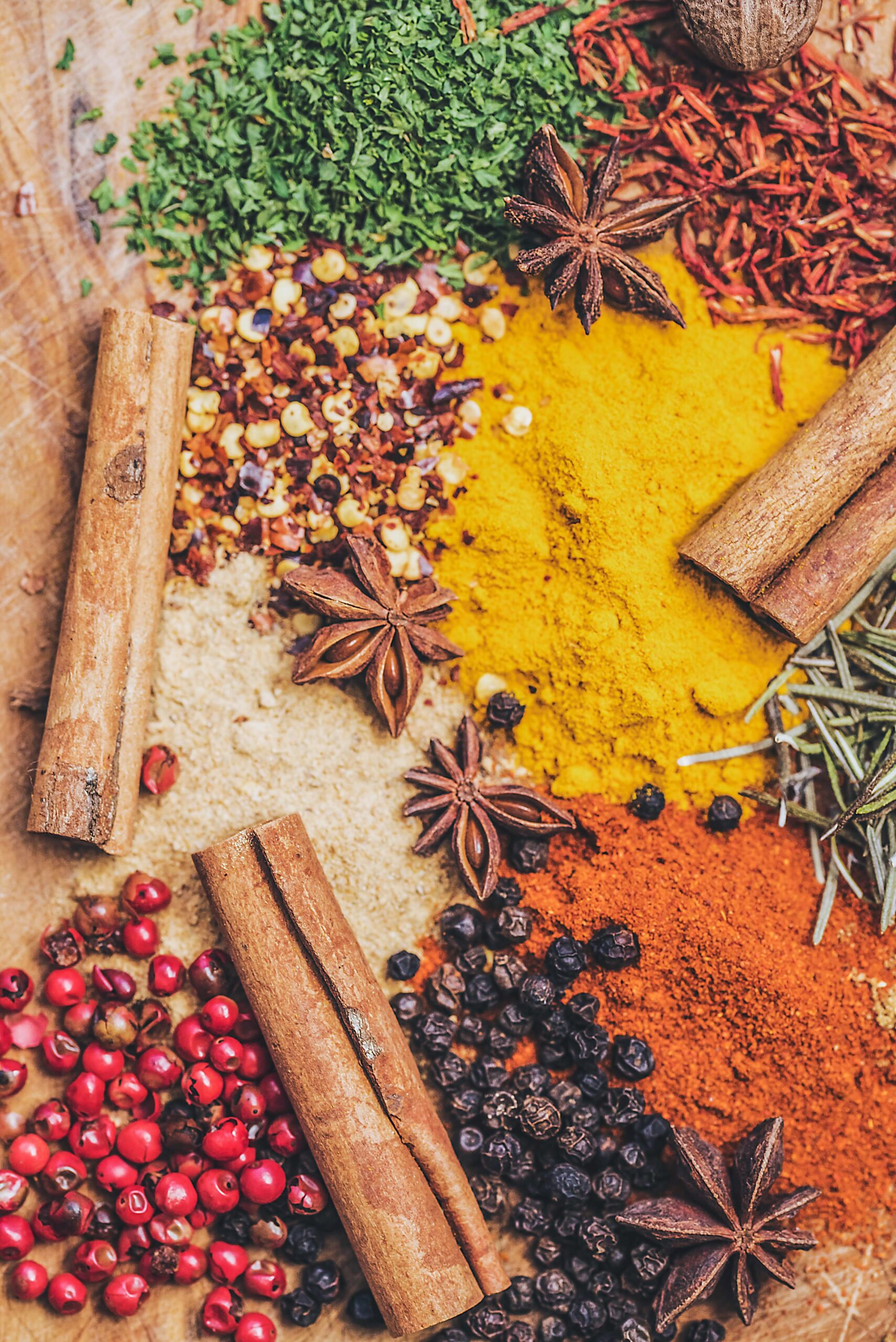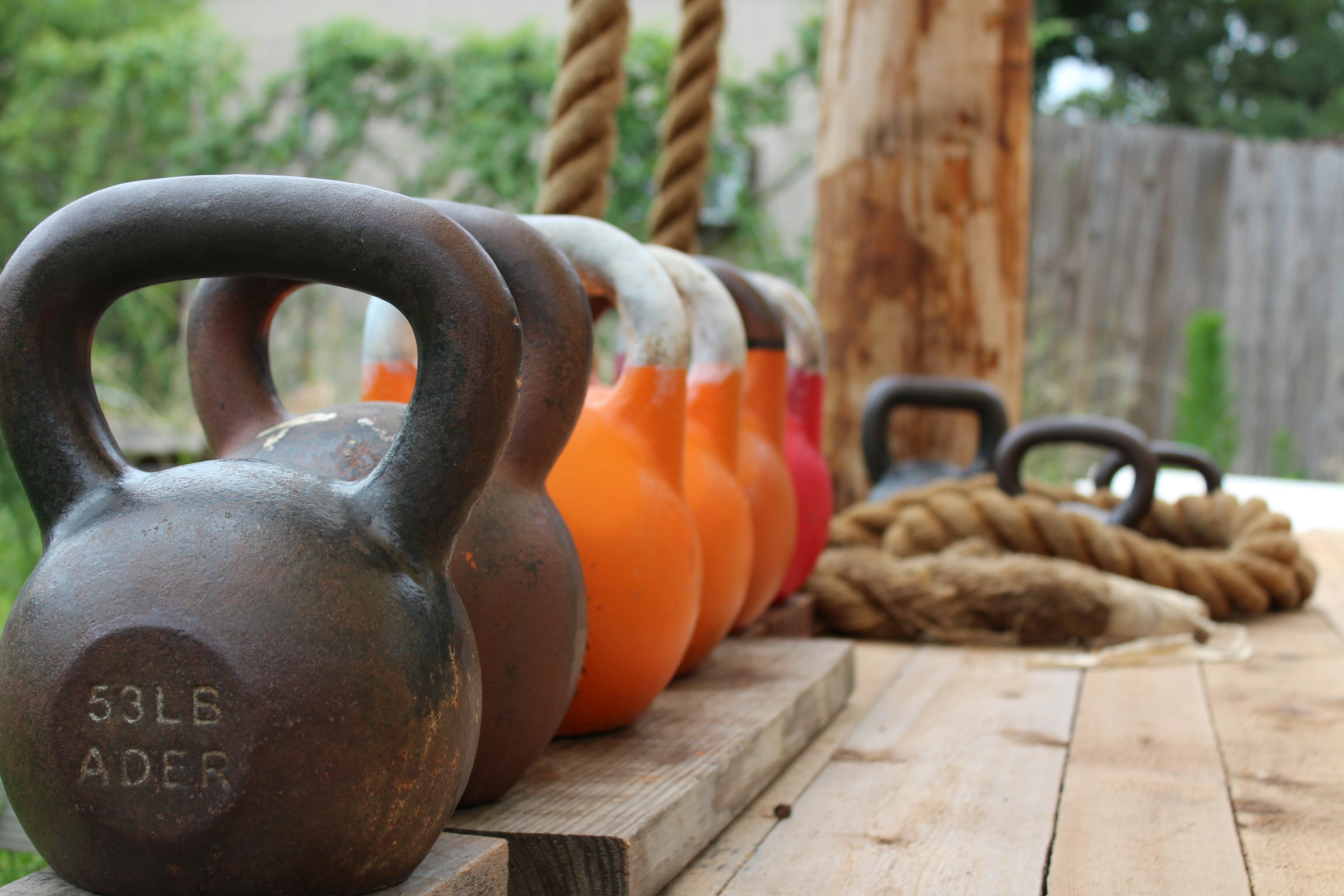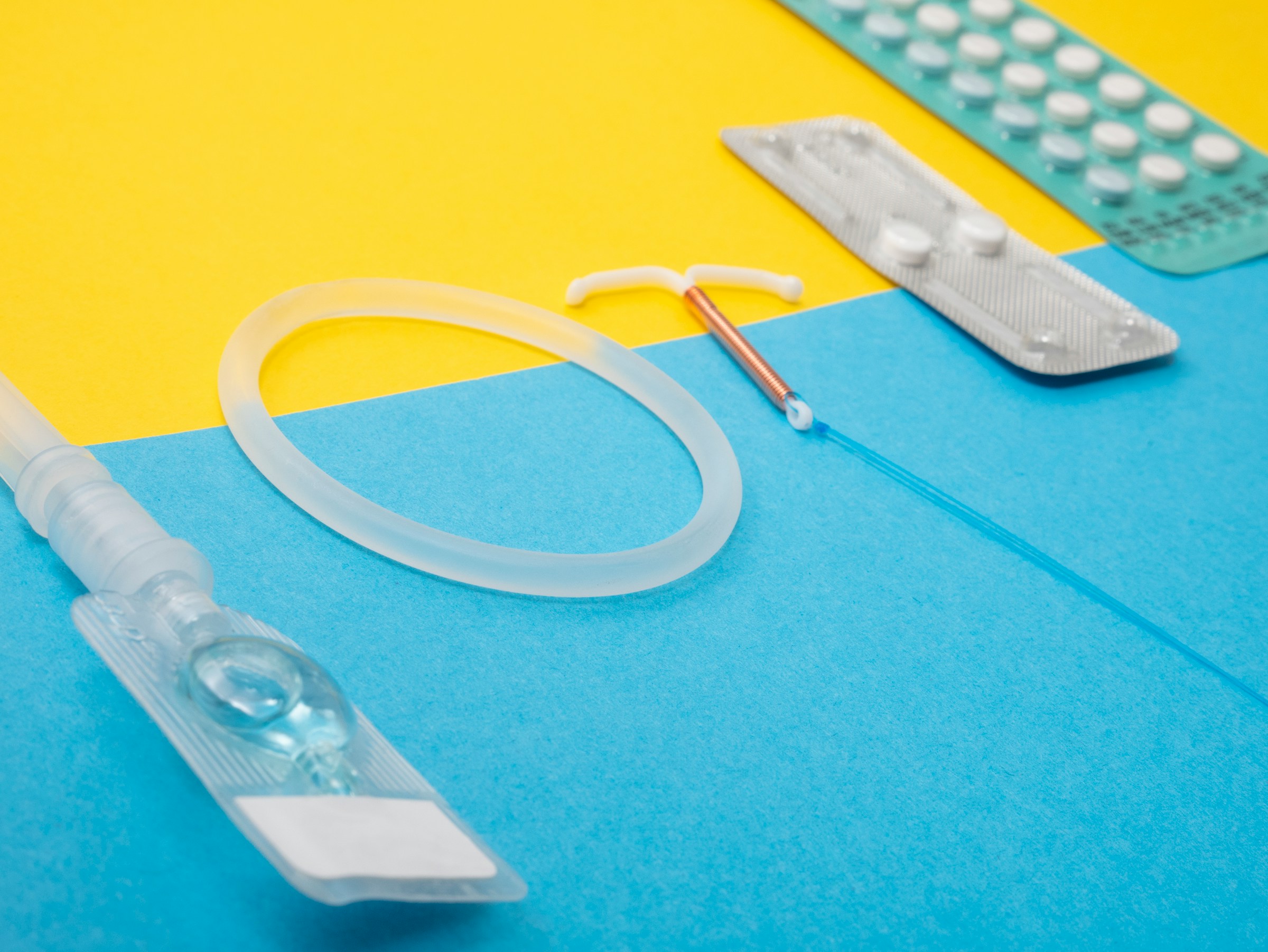Natural remedies for Irritable Bowel Syndrome
If you’re looking for natural remedies for IBS I will be covering what I see to have the biggest impact on helping patients find relief from IBS symptoms with natural methods. I hope to give you the information you need to prioritize the actions you need to take for healing to occur. Let’s start with the basics.
- Lifestyle modifications – One of the first steps to improve your gut health is to start improving your lifestyle. Diet, exercise, and stress all play a major role in your GI health.
- Dietary changes – Take an honest look at your diet and make the changes you’ve been saying you should make. Try tracking everything you eat, drink, and ingest for a week. Extra points if you also write about any symptoms, you experience each day, the more detail the easier it will be for you to determine your triggers.
Limit your fructose intake (no high-fructose corn syrup or agave, and 1-2 pieces of fruit per day max). Lower your overall sugar/carb intake, this will stop feeding the bacteria and fungus to “starve” them out. The more real and whole food you can eat the better. If it is highly processed either, make it yourself or get rid of it. Seed oils come into play here too as they are highly inflammatory and can cause damage to the GI tract. If you find high-fiber foods bother you, avoid them for a few weeks while your gut is healing. Of course, make sure you are well hydrated as this helps keep your stool soft and moving properly.
- Stress management techniques – I discuss stress management strategies here. As discussed in the article minimize the harmful chronic stressors in your life that you can. One good management strategy to help lower stress is to practice slow nasal breathing. I believe in the type of breathing discussed by Dr. Buteyko who says, “You should breathe out of your mouth as often as you eat through your nose.” Nasal breathing increases nitric oxide, which has a calming effect on the nervous system. The more you breathe through your nose the calmer you’ll be.
- Regular exercise – Regular exercise helps improve GI motility, lymph flow, blood flow, and so many more aspects of our health. Exercise is another way to improve stress tolerance. The benefits of exercise, seem endless I can’t think of something exercise doesn’t help with in some way or another. Aim for aerobic exercise more than anaerobic (ie. keep your heart rate at or below 180 bpm minus your age, so if you’re 40 that equals 140 bpm).
Low-FODMAP Diet and Elimination Diets
A low-FODMAP diet refers to eliminating the common sugars that exacerbate irritable bowel syndrome. It stands for fermentable, oligosaccharides, disaccharides, monosaccharides, and polyols. FODMAP is often recommended for people with small intestine bacterial/fungal overgrowth (SIBO/SIFO). There are many lists of foods that can be found with a simple Google search. Avoid all the foods high in FODMAP for a minimum of 2 weeks. After this time add in a food high in ONE food at a time to see what symptoms come back or become worse. For example, if you notice your bloating and diarrhea are improved when on the diet and you eat an apple and need to run to the toilet, you should avoid apples for the time being. Of course, start with the food that you miss the most and work from there, I don’t believe in long-term diets that force you to avoid anything with flavor long term. I believe that you should know what your favorite food does to you. What you do with that information is up to you. You should not need to stay on a low FODMAP diet long term when the cause of your IBS is corrected you just need to find your limit.
Elimination diets are like what I discussed with the low FODMAP diet, but you are trying to find the food that is causing the IBS (if there is one). Whole 30 is a diet I like to find your triggers. If you don’t want to go that route, then try 30 days without any foods that you suspect you’re allergic or sensitive to. Before starting write down every symptom you have, even little things that don’t feel connected (ie. a random knee pain once a week). Common food allergies are corn, dairy, soy, gluten, and nightshades (look up the list for this one). You must do this 100% or you may not notice a change in symptoms. Many of the allergens and allergic reactions take a month to get out of your system. After the 30 days reimplement one at a time. If symptoms come back, you know you need to avoid that food for now.
How I Can Help Speed up Your Healing From IBS
As you can see there can be a lot of trial and error to determine what is causing your IBS and what you should do to correct it. With the help of Applied Kinesiology, manual muscle testing, and Systems Health Care, we can quickly narrow down what natural remedies for IBS you need. I will also be able to help you discover what nutrient deficiencies may be present due to your GI irritation.
If you have a gut infection, I will find the medicinal herb(s) to correct this imbalance. This could include herbs such as artemisia, goldenseal, or morinda. There are a lot of different antimicrobial herbs to pick from so it is best to work with someone to find what will work best for you. An herb shouldn’t cause a “die-off” reaction so if you feel worse on an herb either the dose is too high or it’s the wrong herb.
If stress is the issue, I will find what specifically you need to address. I will also be able to identify what food is irritating your gut the most and if you need to avoid the food forever or just for now.
The cause may even be due to an old injury, like my mentor’s patient who couldn’t eat dairy after a rock-climbing accident. After using a few techniques in office to help the body heal from and forget the injury, she was able to eat dairy again with no symptoms.
IBS is not something that you need to live with forever, often you can find the cause of your IBS, and use natural remedies for IBS relief. When you do, many of the food sensitivities you used to have will no longer bother you.















Leave a Reply
You must be logged in to post a comment.